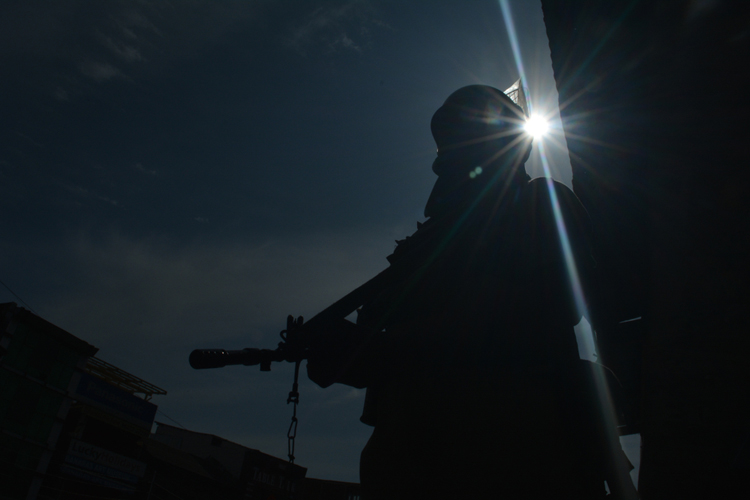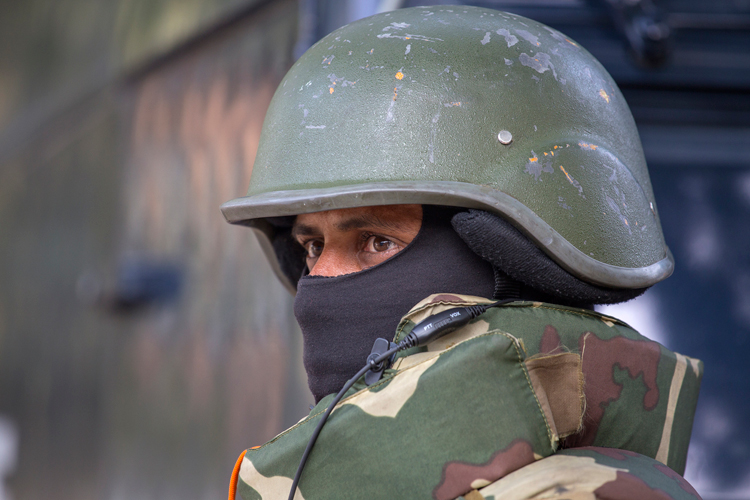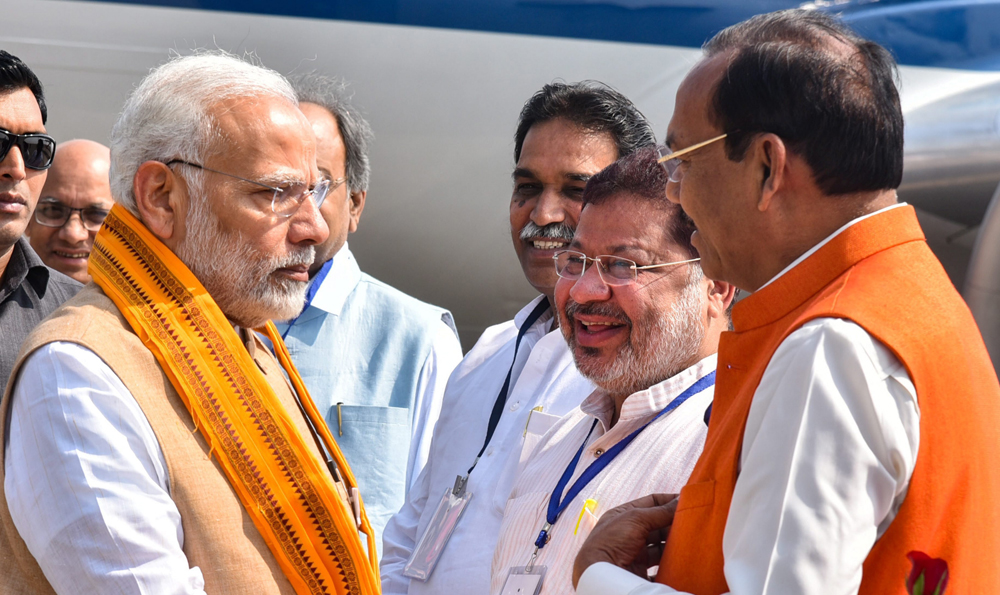It is not just the delivery of justice that is delayed in India, but the pursuit of truth as well. Against this background, where the Liberhan commission took 17 years to submit its report on the Babri Masjid demolition, the V.K. Agarwal commission cannot be blamed when it has taken seven. Set up by the Chhattisgarh government to inquire into the gunning down of 17 villagers in Bijapur on June 28, 2012 by security forces who claimed they were Maoists, the one-man commission has concluded that there is no evidence of the villagers being Maoist or that the security forces’ firing was retaliatory. Thus the report vindicates what the surviving villagers have always claimed: they are not Maoists and the security forces opened fire on a village meeting without provocation, killing six minors and 11 adults. The position of the gunshot wounds, the fact that there were other marks of injury besides the shooting, that one among the 17 was shot the next day all undermine the security forces’ story of an operation based on prior intelligence of a Maoist attack and show up the law enforcers as ruthless, callous and false. What they displayed as wounds inflicted by the villagers the commission has found to be friendly fire.
The importance of this report cannot be exaggerated. The cruelty and injustice of armed representatives of the State gunning down unarmed villagers and then lying about the whole incident have been brought to light. Such injustice is far from unknown in India: that is why identifying it is particularly important. What is required now is proof of accountability from the State — and that without delay and with full transparency. Only then will politicians and government institutions recover some credibility in the eyes of the people, especially those at the receiving end of repressive State power. It is India’s misfortune that nothing remains untainted by politics; the fact that the killings occurred when the state government was under the Bharatiya Janata Party while the present government is headed by the Congress leaves such possibilities open. One of the greatest flaws of India’s democratic culture is the general reluctance to find authorities in the wrong, or to penalize them when the wrong is perpetrated on the poor or underprivileged. Acting on the Agarwal commission report would at least act as a small corrective to this.













